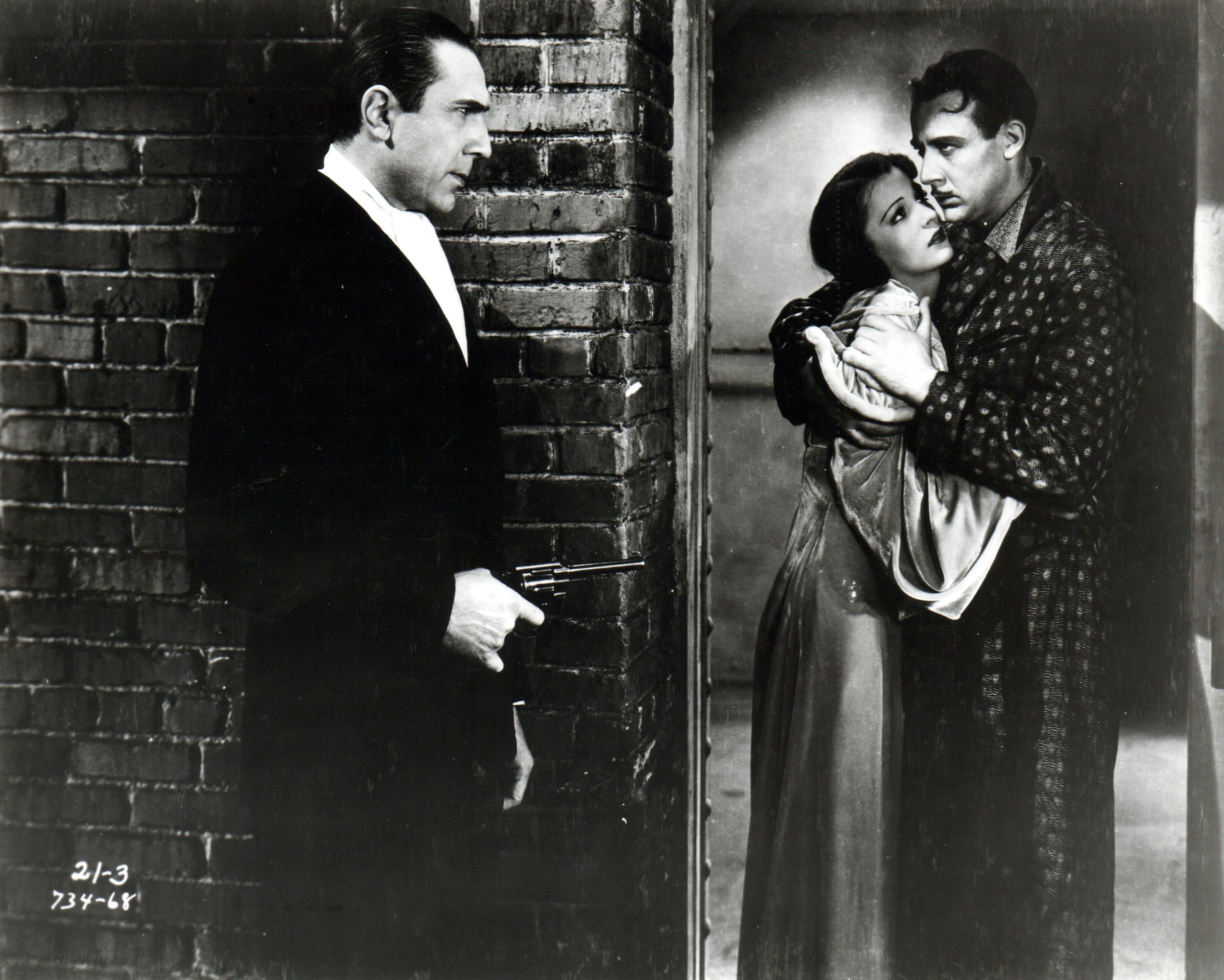I feel like Francis Ford Coppola is such a crap-shoot of a director. There’s chances you’ll get THE GODFATHER, one of the best pieces of cinema of all time, and chances you’ll get. . . whatever Twixt was. I feel like he was trying to be David Lynch, but put too much story in for that.
The awkward opening of the film really spoke to me. Val Kilmer (as horror writer Hall Baltimore) comes to a small town for an event only to find there’s no bookstore. All this is narrated by Tom Waits because . . . why not, I guess. The author sits just inside the hardware store with a “$19.99 Sale” sign pointing at his head as he tries to peddle his wares to people who won’t make eye contact. I feel ya, poorly named author Hall Baltimore, I feel ya. Also, super jealous of the portable writing desk and chair which fold down into a briefcase sized carrier.
The local sheriff (Bruce Dern) turns out to be a fan and wants Baltimore to collaborate with him on a book about a series of murders currently plaguing the town. While trying to avoid the morbid sheriff, Baltimore discovers that Edgar Allan Poe (played by Ben Chaplin) once stayed at the run-down hotel, so he pours out alcohol in dedication to the horror writer who came before. (Also, do you get it? The main character is named Baltimore and he’s in a town famous for Poe staying there one night. Huh. Huh).
Baltimore experiences strange dreams while in the town of a strange girl (Elle Fanning), child abuse, murder, and a lot of gray light filters. Within these dreams, Poe appears to guide Baltimore to safety. The girl’s name is Virginia which I’m sure is another Poe reference. Poe in this is depicted as a wise mentor who knows he’s famous (wise not so sure, but I’m pretty sure Poe acted a tad conceited) and he offered Baltimore writing advice. I confess, I kinda liked this part with the pontificating author talking about “The Raven” like it was a deeper philosophical problem than just a poem.
Poe uses his own love for the wife he lost, Virginia Clemm, to explain the obsession of beauty mixed with death (while Baltimore is watching someone being walled up alive). I really struggled to see what Poe’s words had to do with the Virginia of the film being abused and somehow existing in two different times as well as to Baltimore’s grief over his own daughter’s death. Then you get to the end and you shout at the screen, “Really?!”
I found it really strange that Joanne Whalley (actress and Kilmer’s ex-wife) had a cameo. Yes, I found that stranger than the movie itself because I was too busy counting plot holes. The part where Kilmer is talking to himself as he writes didn’t really feel authentic. It felt like an author riffing in front of a mirror before having to host a celebrity roast. I don’t blame Kilmer for this. I’m choosing to be annoyed with Francis Ford Coppola. This was clearly just a re-enactment of himself trying to write this over-complicated script.

































